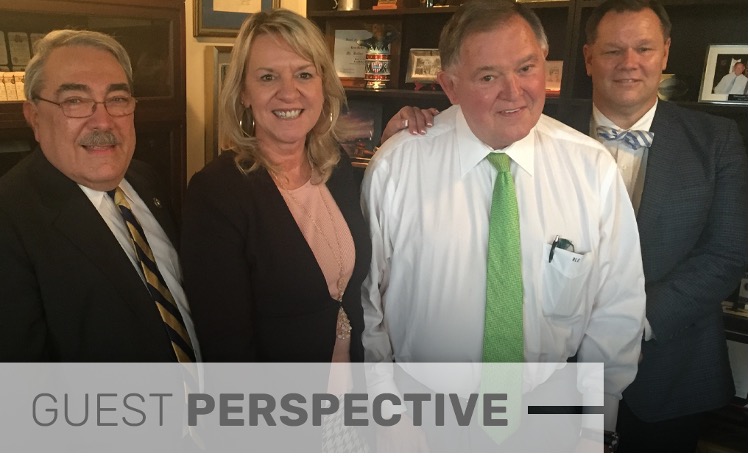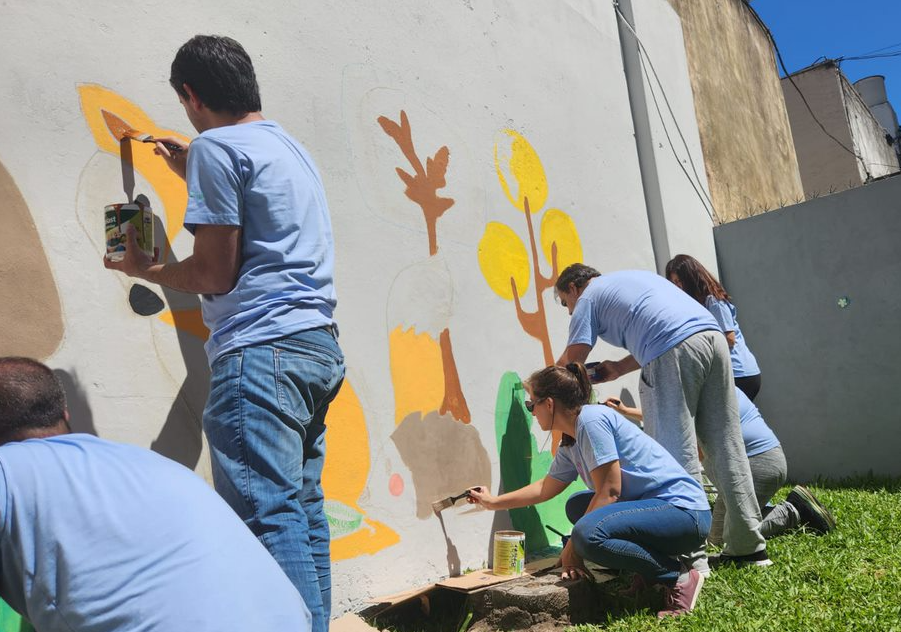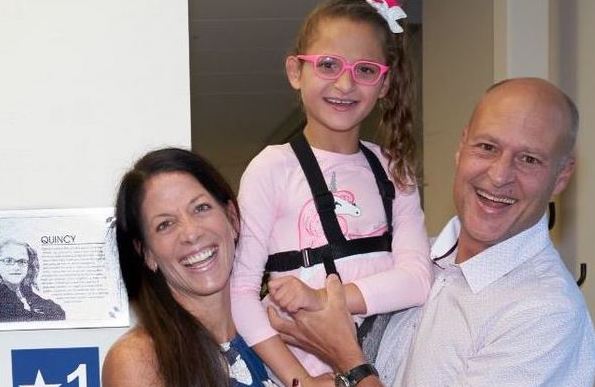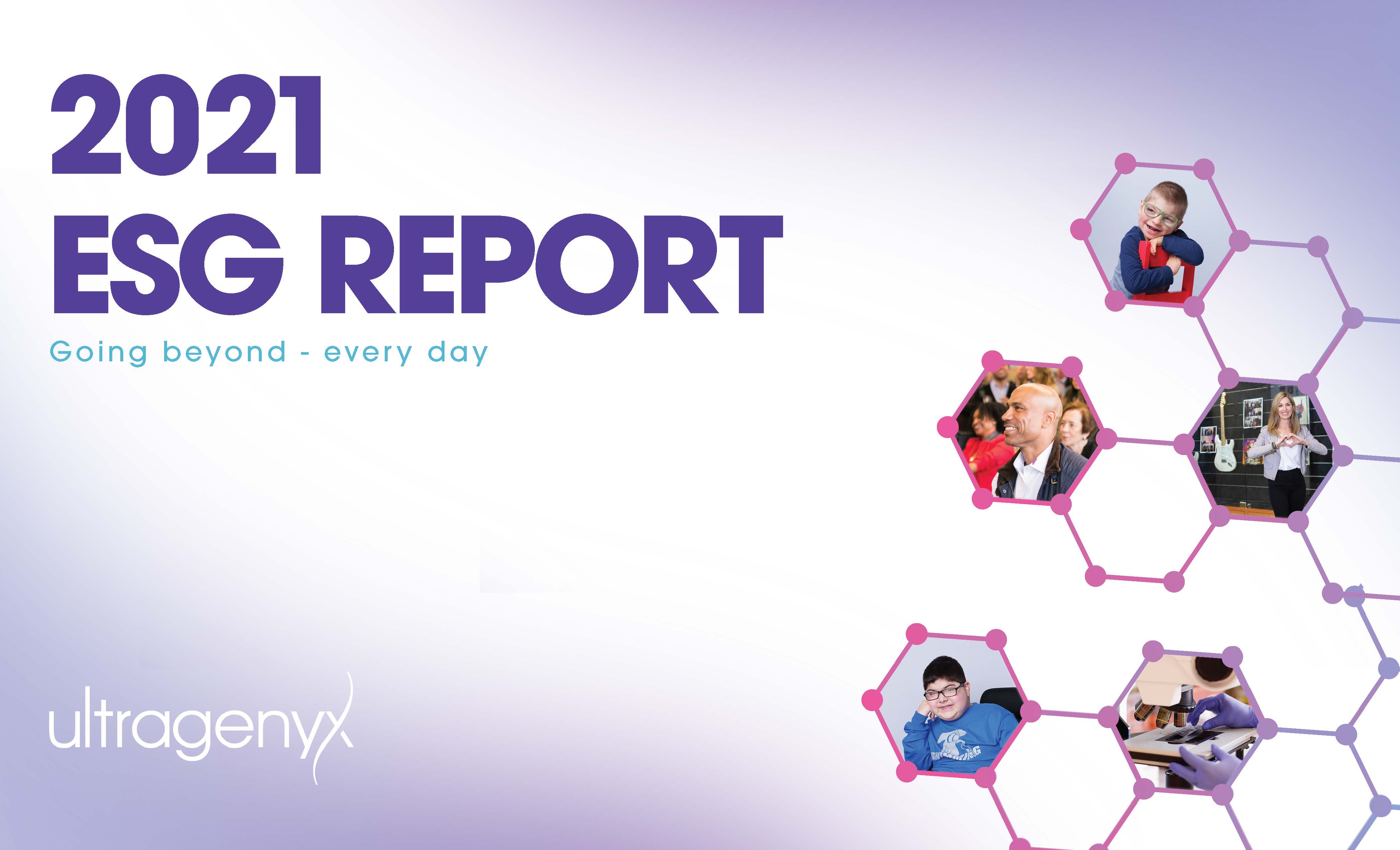“Please hurry.”
Those two words changed my life. At the time, I was working as the Director of Research and Development in a gene therapy lab at the UNC School of Medicine in Chapel Hill, North Carolina. I received an email from a father in India whose son had been recently diagnosed with Duchenne muscular dystrophy. Like most parents whose child has been diagnosed with a rare disease, he was desperate for any information, resources or education that could possibly help his son. Reading his plea for us to “please hurry” was a defining moment for me, and I decided to make it my life’s mission to serve and advocate for the rare disease community
Day after day, I received emails and phone calls from families with loved ones diagnosed with a rare disease desperate for help, but while scientific advances were accelerating, progress was slower for the policies needed to truly enact change. To try to fill this gap, I created a grassroots organization to educate and equip the rare disease community through policy, tools and data to help accelerate diagnosis and enable access to treatments – Rare Disease Innovations Institute (RDII).
RDII is a non-profit focused on creating a better quality of life for people living with rare diseases through education and policy, and we go beyond every day to accelerate diagnosis and enable access to treatments. One unique feature of RDII is the development of Rare Disease Advisory Councils (RDACs), which give the rare disease community a stronger voice in state government.
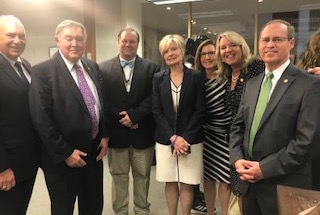
The first RDAC was a result of joint legislation drafted by an advocate and me in North Carolina. Seeing the strong bi-partisan support for this first Council (representatives seen pictured here), RDII developed toolkits to enable other states to create their own RDACs, share best practices and ensure continued progress for the rare disease community. To date, we have empowered people in 20 states to establish RDACs and another 13 states are working to form their own RDACs.
To date, we have empowered people in 20 states to establish Rare Disease Advisory Councils and another 13 states are working to form their own RDACs.
We know newborn screening saves lives and can be the difference between a child with a rare disease being able to play soccer or being bound to a wheelchair. Therefore, we encourage RDACs to start with newborn screening policy. We advocate for more disorders to be added to the national recommended screening list, especially rare and ultra-rare diseases, so even more babies can be diagnosed early and access available treatment as soon as possible.
At RDII, we are also committed to health equity, especially for people in rural areas. Early diagnosis and treatment is extremely important for people with rare diseases, and those living in rural parts of the country are particularly impacted by health disparities, including access to specialists, clinical trials, and emerging therapies. To address that, RDII is planning to launch the Rural Rare Disease Community Project, consisting of virtual roundtables in which people with rare diseases and their families can come together and share the unique challenges they face residing in a rural area. We know the patient voice is essential in enacting policy change, and we believe these stories will provide meaningful insight for local legislators, prompting them to create laws that will enable greater access to therapies for patients living in rural communities.
Rare disease day isn’t just one day in February – it’s every day.
Additional Resources:
- Rare Disease Innovations Institute
website - Project RDAC – National Organization for Rare Disorders (NORD)
At RDII, we believe rare disease day isn’t just one day in February – it’s every day. We are working urgently to support the rare disease community by establishing networks to support policy change, developing tools for others to leverage for faster implementation of policies, and creating forums for people to advocate for the rare disease community. We’re doing all of this now because people with rare diseases don’t have time to spare. We must hurry.
Tara Britt is founder and president at Rare Disease Innovations Institute.

